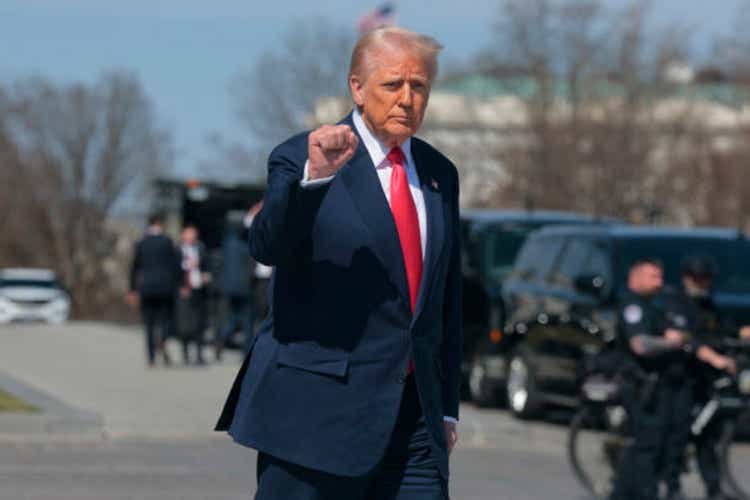Crypto Crossroads: Trump Doubles Down on Digital Currency Strategy as Bitcoin Trembles

In a bold declaration that signals a potential shift in cryptocurrency policy, President Donald Trump has vowed to champion the digital finance revolution. Speaking out strongly, Trump pledged to "dominate crypto and the next generation of financial technologies," effectively promising to end what he characterized as the previous administration's "regulatory war on crypto and bitcoin."
The statement marks a significant stance that could potentially reshape the regulatory landscape for digital currencies. By directly challenging the existing approach to cryptocurrency oversight, Trump appears to be positioning himself as an advocate for technological innovation and financial freedom.
This pronouncement suggests a more crypto-friendly approach, potentially offering hope to investors and blockchain enthusiasts who have felt constrained by recent regulatory pressures. The bold commitment indicates a potential future where digital currencies might face less restrictive government intervention.
As the digital finance world continues to evolve, Trump's declaration represents a noteworthy moment in the ongoing dialogue about cryptocurrency's role in the global financial ecosystem.







